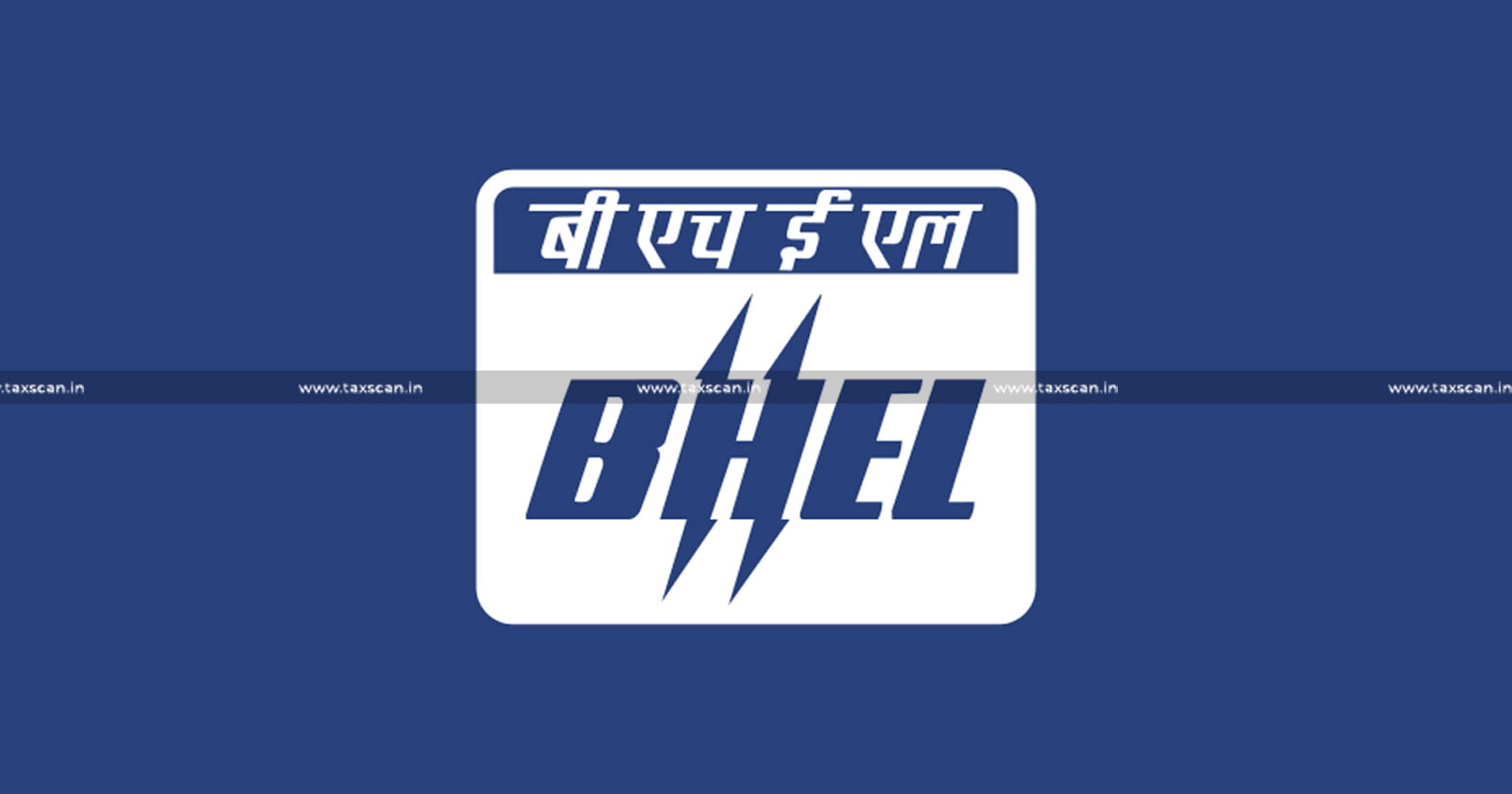Export Duty Cannot be Levied When SEZ Unit Lawfully Exports Goods from Approved Warehouse: CESTAT [Read Order]
Export Duty Cannot be Levied When SEZ Unit Lawfully Exports Goods from Approved Warehouse: CESTAT
![Export Duty Cannot be Levied When SEZ Unit Lawfully Exports Goods from Approved Warehouse: CESTAT [Read Order] Export Duty Cannot be Levied When SEZ Unit Lawfully Exports Goods from Approved Warehouse: CESTAT [Read Order]](https://images.taxscan.in/h-upload/2025/09/26/2091251-export-export-incentives-duty-draw-back-meis-profits-or-gains-profits-gains-business-or-profession-business-profession-itat-income-tax-taxscan.webp)
The Hyderabad Bench of the Customs, Excise, and Service Tax Appellate Tribunal (CESTAT) ruled that export duty cannot be levied when an SEZ unit lawfully exports goods from an approved warehouse with proper authorization.
Parry Sugars Refinery India Pvt. Ltd., the appellant, operates a unit in the Special Economic Zone (SEZ) at Kakinada and imports raw sugar duty-free for refining and export. Because of space shortages at its premises, the appellant stored consignments in a private bonded warehouse called ATR.
In 2016, Customs authorities alleged that 14,000 MT of raw sugar was exported directly from ATR instead of the SEZ unit and demanded export duty of Rs. 8.74 crores. They also alleged diversion of 1073.3 MT of sugar without proper documents and raised import duty and penalty demands.
The appellant’s counsel argued that the storage in ATR was temporary, done with SEZ approval, and all exports were carried out by the SEZ unit with foreign exchange realized. It was submitted that trading of raw sugar was permitted under the SEZ’s Letter of Approval, and there was no diversion into the domestic market. Any lapses were procedural, not deliberate.
The revenue’s counsel argued that the sugar was moved to ATR without filing the required Into-Bond or Ex-Bond Bills of Entry and that the exports occurred from ATR, not the SEZ unit. It was argued that this amounted to diversion and made the appellant liable for both export and import duties.
 Also Read:Interest Mandatory on Amounts Payable under Provisional Assessment but Not Paid on Due Date: CESTAT in BHEL Case [Read Order]
Also Read:Interest Mandatory on Amounts Payable under Provisional Assessment but Not Paid on Due Date: CESTAT in BHEL Case [Read Order]
The two-member bench comprising A.K. Jyotishi (Technical Member) and Angad Prasad (Judicial Member) observed that the SEZ Act prevails over the Customs Act and that exports made by an SEZ unit, even from an approved warehouse, are lawful when authorized and foreign exchange is realized.
The tribunal explained that the 14,000 MT of sugar was legitimately exported and the demand of export duty could not be sustained. With respect to the 1073.3 MT of sugar moved without documents, the tribunal observed that the lapse was procedural and not fraudulent but upheld confiscation with a reduced redemption fine.
The tribunal set aside the demand of Rs. 8.74 crores of export duty and Rs. 1.43 crores of import duty, quashed most penalties, and sustained only a reduced penalty for procedural breaches. The appeal was partly allowed.
Support our journalism by subscribing to Taxscan premium. Follow us on Telegram for quick updates


